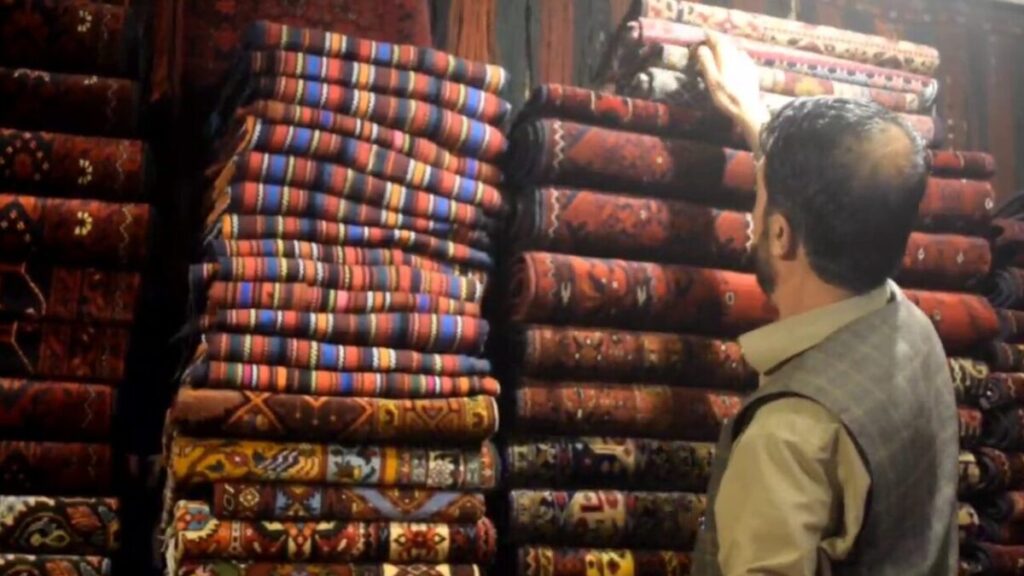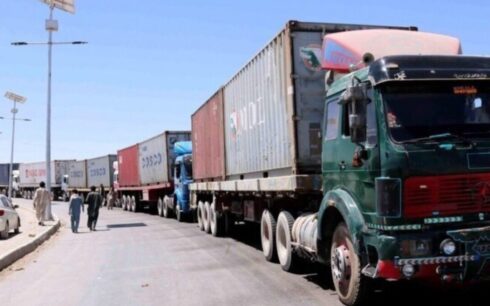Afghanistan’s carpet industry, long a hallmark of the country’s rich artisanal heritage, is facing a sharp downturn over the past three years, according to local carpet traders and artisans.
Traders report that without support or export initiatives, Afghanistan’s domestic market and export trade in handwoven carpets have stalled.
Many sellers told Amu that Afghan carpets, which are globally recognized for their intricate designs, are now often sold at low prices to Pakistan, where they are rebranded and exported internationally under the Pakistani label.
“A unique feature of Afghanistan, these handmade carpets have always stood out in regional and global markets,” one carpet dealer explained. Afghan carpets have historically been prized as one of the nation’s top export products.
Hazrat Shah, a carpet seller, lamented the lack of government action: “Our domestic carpets have faced neglect, and no one has paid attention. Go ask any shop owner—yes, the Afghan carpet industry is in decline.”

Some traders criticized the Taliban’s apparent indifference, warning that Afghan carpets are losing their previous markets and that without intervention, this traditional industry could collapse entirely.
“We have no sales, no market,” said Gul Agha, another carpet vendor. “If we had access to global markets, our exports would improve.”
Taliban, however, claim that they exported $9 million worth of Afghan handwoven carpets in the first six months of the current solar year, though traders argue that the reality on the ground tells a different story.
The Afghan Carpet Weavers’ Union estimates that around 80% of Afghanistan’s carpet production is exported to Pakistan at minimal prices, where it is then resold internationally under Pakistani branding due to insufficient support and resources within Afghanistan.





